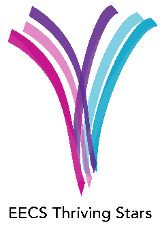Leslie Kolodziejski | Department of EECS
In the United States in 20201, 55,283 individuals earned the advanced PhD degree, Doctor of Philosophy (PhD). In engineering, a total of 10,475 PhD degrees were awarded, with 75.2% (7,882) awarded to men and with 24.8% (2,593) awarded to women. In mathematics and computer science, 4,392 PhDs were awarded, with 75.1% (3,297) awarded to men and 24.9% (1,095) awarded to women. Globally, the number of doctorates (PhD recipients) is 1% according to the OCED2. Those numbers are seemingly quite small suggesting that earning the PhD degree is challenging! So one might reasonably ask: what is the PhD degree about, and how do you get one; how long does it take? What is a PhD degree good for? Why do others decide to get a PhD degree?
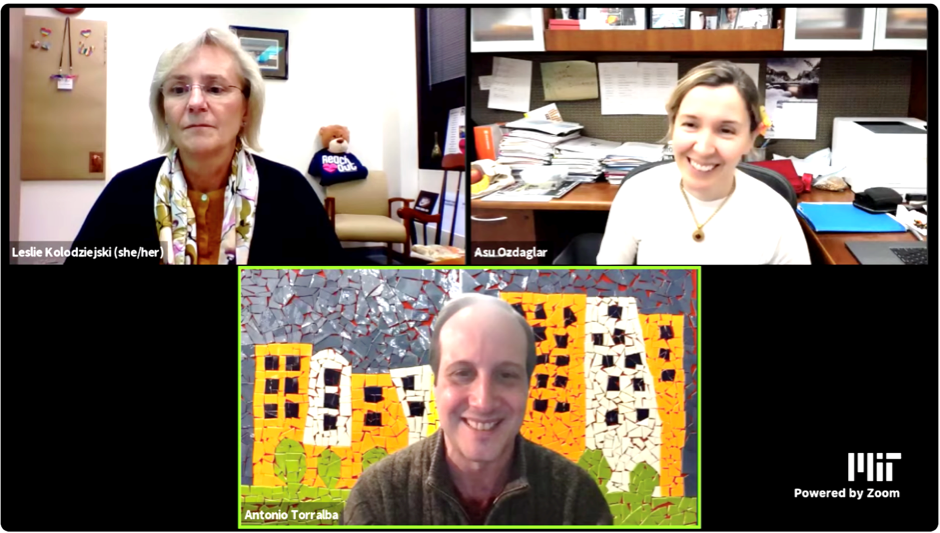
In the fall 2021 semester, Thriving Stars set out to acquire some answers to these questions and heard various perspectives from PhD holders and PhD seekers, as well as from the faculty leaders of EECS at MIT. Conversations were held via a Zoom meeting and webinar, including a YouTube live-discussion that was also recorded for later viewing. Alumni of the MIT Summer Research Program were invited, participants in the EECS GAAP program were invited; all of the individuals, from around the world preparing an application to the PhD program in EECS at MIT, were invited! In every conversation, the hosts were Professor Asu Ozdaglar, department head of EECS, along with Professor Leslie Kolodziejski, graduate officer of the PhD program and chair of graduate admissions in EECS. The heads of the EECS faculties participated, Professor Joel Voldman (Electrical Engineering), Professor Arvind (Computer Science), and Professor Antonio Torralba (AI and Decision-Making). Members of the Thriving Stars advisory board participated: Professor Carol Espy-Wilson (EECS PhD ’87) and Dr. Songyee Yoon (MIT PhD ’00). And each discussion included EECS alumni who earned the PhD degree, as well as current EECS graduate students just starting their PhD degree and also students who are about to defend their thesis and complete the PhD degree.
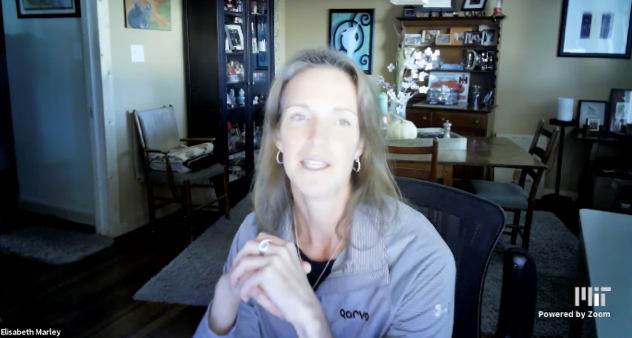
Professor Ozdaglar comments “It is a priority for EECS at MIT to provide a nurturing environment where our students can thrive and fulfill their dreams. With Thriving Stars, we aim to improve gender representation in our PhD program, providing a better graduate experience for all of our students.” Professor Antonio Torralba shared this advice about the PhD journey: “…when you’re doing your research, part of your research is about finding something that you’re passionate about, something that will have impact in the world. And you should ‘zoom in’ and find the topic that really excites you, but you should ‘zoom out’ and find all the wonderful things that are around you, and don’t just focus on your research.” EECS alumna and Qorvo director of product management Dr. Elisabeth Marley (SM ’98, PhD ’00) reflects on earning a PhD from MIT: “So a PhD from MIT will open almost any door when it comes to applying for jobs…The one key thing that I have learned through my career is that even though the doors are opened easily for you, it doesn’t keep you there. You still have to rely on you, your work ethic, and doing a good job with relationships to be extremely successful.” Taylor Baum, a third year EECS PhD student reflects on her experience transitioning from undergrad to being a grad student: “For not only huge academic transitions, but also life in general, I have learned that all you have control over are your own actions. So, act out of passion, excitement, and joy. Fear and doubt will be there, but don’t allow them to control how you contribute to the world. It will be a scary, but fulfilling journey to your full potential”. And soon to be ‘Dr’ Jessica Ray makes the following observation of her EECS PhD journey “Coming into the PhD program, I wasn’t sure where I wanted to focus my research. EECS gave me the freedom to explore a variety of projects and gain in-depth knowledge of each. In the end, I was able to start my own research project that combined my interests, and seeing that project evolve from an abstract concept to a working system has been incredibly rewarding!” In all of the conversations, Professor Kolodziejski summarized the academic requirements (coursework and qualification process) and described the ‘nuts and bolts’ of the degree, and she talked about how the PhD degree is fully funded! (Seriously!)
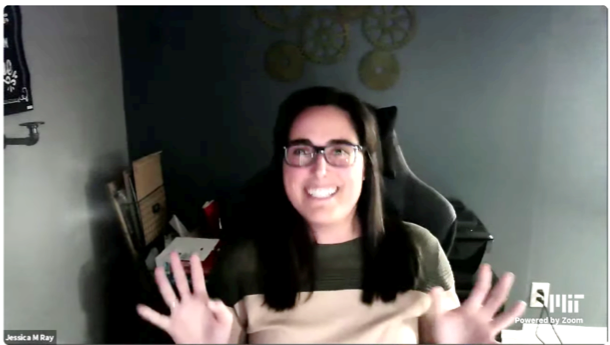
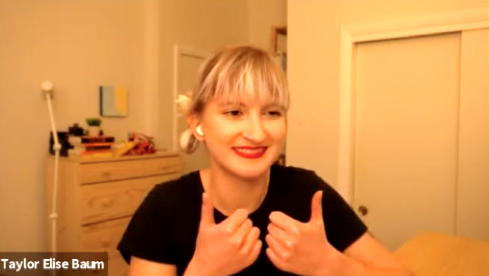
The conversations were attended by hundreds (496!) of aspiring individuals, and the YouTube recording was viewed 1306 times by 967 viewers! In email correspondence with Professor Kolodziejski, dozens of attendees share their excitement to apply to the PhD program, found the conversations “fantastic!” and “informative and interesting”; respondents appreciated knowing the details of the degree, and commented that they could see themselves succeeding in EECS at MIT. Thriving Stars aims to unravel some of the mystery of the PhD degree and provide a greater appreciation of the joy of the PhD journey, highlighting the many open doors and opportunities that await those who aspire to achieve the pinnacle of a STEM education. Thriving Stars, and the conversations, also shine a light on the community and support that surrounds our EECS-at-MIT graduate student body! The YouTube recording of one conversation about the PhD degree in EECS at MIT can be viewed here: https://youtu.be/fTdN_jqR7Z0
1 National Science Foundation Earned Doctorate Survey 2020
2 Organization for Economic Cooperation and Development: Education at a Glance 2021
